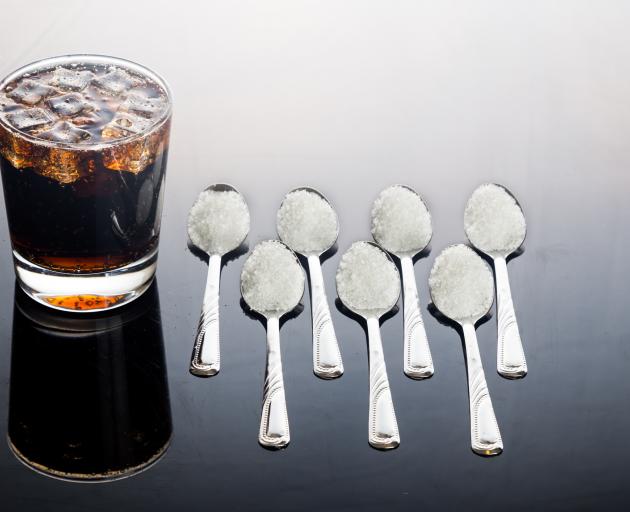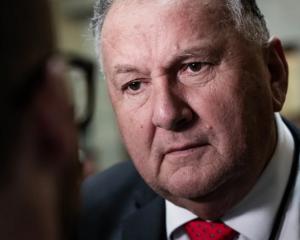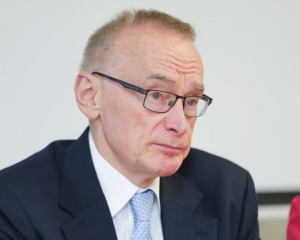
A sizeable sugar tax would cut consumption, generate millions in revenue and save lives, the Prime Minister has been told.
The unequivocal briefing from the Ministry of Health's chief science adviser, John Potter, was given at Jacinda Ardern's request.
Each of 19 bullet points in the document helped argue the case. Ms Ardern was told when overseas jurisdictions brought in a tax, it had worked.
"The Finnish tax on confectionery, ice cream and SSBs [sugar-sweetened beverages] showed a continuing decline in consumption of high-sugar products with the imposition of steadily increasing taxes over consecutive years,'' Dr Potter wrote in the February 16 document, released under the Official Information Act.
"Most crucially, the recent Berkeley, USA, study showed clearly that a tax of 1% per 30g decreased consumption of SSBs in low-income communities and increased consumption of water.''
A tax of 20% has been shown to work but should be based on volume or sugar content, not value.
"Reduction of consumption via a tax will probably be greatest among the households with the lowest disposable income.
"In New Zealand, Maori and Pacific will benefit strongly,'' Dr Potter wrote.
Over time, a tax could save 50 lives a year and save at least $6 million in health costs.
"It would raise about $40 million in revenue.''
Dr Potter advised a sugar tax should be only one part of a comprehensive strategy, which would also include restrictions on marketing to children, education and safer biking routes.
"An SSB tax has the virtue of being an evidence-based action that can anchor and reinforce all other strategies.''
Sir Peter Gluckman, until recently the Prime Minister's chief science adviser, told RNZ in June the evidence for a sugar tax in countries like New Zealand had become much stronger in recent years.
A report to Ms Ardern had outlined that change, he said.
A newspaper asked Ms Ardern's office for that report and in response, Dr Potter's briefing was released.
"This briefing was requested to provide background following media interest in the issue,'' her office wrote.
"It should be noted that the Government is not actively considering a tax on sugar or sugary beverages at this time.''
Much of Dr Potter's briefing matches his earlier advice on a sugar tax.
The New Zealand Initiative think-tank and other opponents of a tax argue studies relied upon by tax advocates vastly overestimate how much taxes would reduce consumption.
A Ministry of Health-commissioned report delivered in October 2017 found evidence for a sugar tax was inconclusive.
In February, it was reported Andrew Blair, chairman of the Capital & Coast and Hutt Valley DHBs, asked Health Minister David Clark to bring in a tax.
"For the first time in history, New Zealand children could live shorter lives than their parents as a result of excess weight and obesity,'' Mr Blair warned.
In response, Dr Clark said the Government had promised no new taxes this term and was instead working with industry to bring down sugar content.
Comments
You would expect a 'science advisor' to be capable of understanding the evidence. Apparently not though.
Just another step in the movement by badly intentioned busy bodies to control everyones lives. These so call scientists have basically won the war against tobacco. They either need to get a real job or stop people doing something else. They are picking the later option.
Lets not forget these same "scientists" have told us that potatoes, eggs, coffee and butter were all causing cancer or otherwise about to destroy us. All since proven to be false.
We all need to eat a sensible balanced diet and exercise to some degree. We need to manage our own lives. We don't need sanctimonious twats telling us what to do. And that includes politicians.












